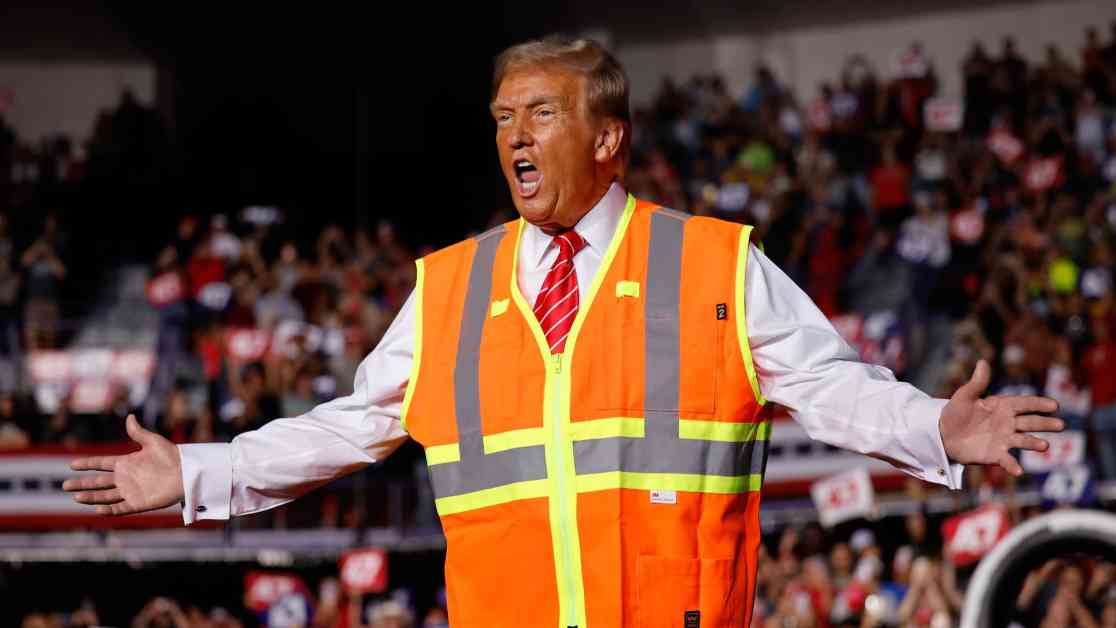In the midst of America’s political landscape, the focus has once again shifted to the trade policies implemented by former President Donald Trump. His trade remedies have been a subject of much debate and analysis, with experts weighing in on the impact of his decisions on the economy and global trade relations.
Trump’s approach to trade was characterized by a strong emphasis on protectionism and the use of tariffs as a tool to address trade imbalances. His administration imposed tariffs on a wide range of goods, particularly targeting countries like China, in an effort to protect American industries and workers.
While some applauded Trump’s efforts to prioritize American interests in trade negotiations, others criticized his tactics as harmful to the global economy. The imposition of tariffs led to retaliatory measures from other countries, creating trade tensions that had ripple effects across various industries.
As the Biden administration takes office, the focus has shifted once again to trade policies, with President Biden promising a more multilateral approach to trade relations. The new administration has signaled a willingness to work with allies and partners to address issues such as intellectual property theft and unfair trade practices.
However, the legacy of Trump’s trade remedies continues to loom large, with many questioning the long-term impact of his policies on American businesses and consumers. The ongoing trade war with China, in particular, has had far-reaching consequences, affecting industries ranging from technology to agriculture.
Moving forward, it will be crucial for the Biden administration to strike a delicate balance between protecting American interests and maintaining positive relationships with key trading partners. The global economy remains interconnected, and the decisions made in Washington have implications that extend far beyond the nation’s borders.
In conclusion, the debate over Donald Trump’s trade remedies reflects the broader challenges facing America in an increasingly globalized world. As the new administration navigates these complex issues, the need for thoughtful and strategic trade policies has never been more important. Only time will tell how the legacy of Trump’s trade agenda will shape America’s economic future.






















